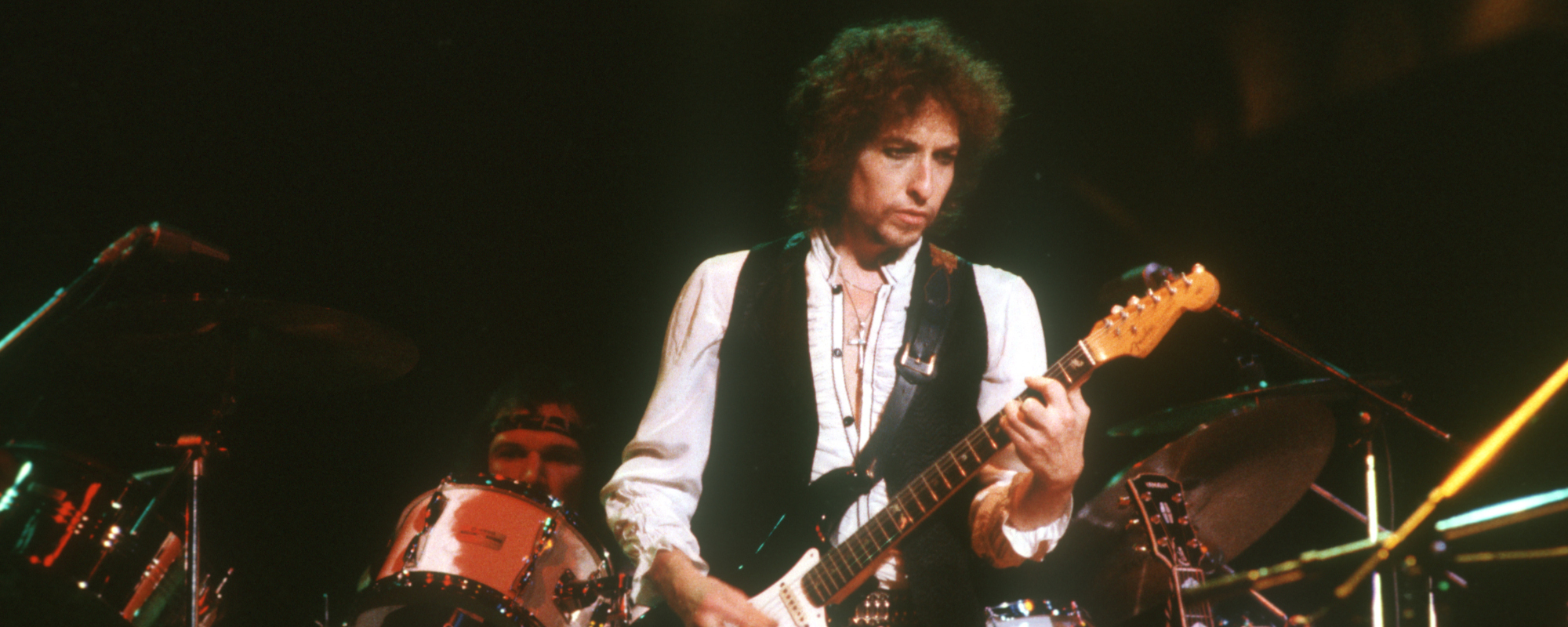Sometimes it’s the simplest messages of love that are the most meaningful. Bob Dylan delivered one of the most sentimental love songs of all time with “If Not For You.” Many artists have covered this timeless ballad, which proves that the message behind it is universal. Uncover that meaning, below.
Videos by American Songwriter
Behind the Meaning “If Not For You” by Bob Dylan
If not for you
Babe, I couldn’t even find the door
I couldn’t even see the floor
I’d be sad and blue, if not for you
Dylan got the inspiration for this song from his first wife, Sara. It’s a simple message of devotion, but it packs a punch. It’s relatively one-note. Each verse starts the same, with Dylan listing off the reasons why he needed his wife. He says, If not for you I couldn’t move through life.
If not for you
Babe, the night would see me wide awake
The day would surely have to break
It would not be new, if not for you
Keeping the song simple was a conscious effort from Dylan. He wanted it to have a country music, “Three chords and the truth” kind of a feel. “It seemed simple enough, sort of Tex-Mex,” Dylan once said. “I would never explore all the possibilities of instrumentation in the studio, add parts and so forth, change the beat around, so it came off kind of folky.”
If not for you, my sky would fall
Rain would gather, too
Without your love I’d be nowhere at all
I would be lost, if not for you
Other than Dylan’s own version, perhaps the most famous version of this song comes from George Harrison. The former Beatle recorded it for his 1970 album, All Things Must Pass. The success of Harrison’s version proved just how universal the simple message in this song is. Revisit Harrison’s version, below.
(Photo by Michael Ochs Archives/Getty Images)














Leave a Reply
You must be logged in to post a comment.